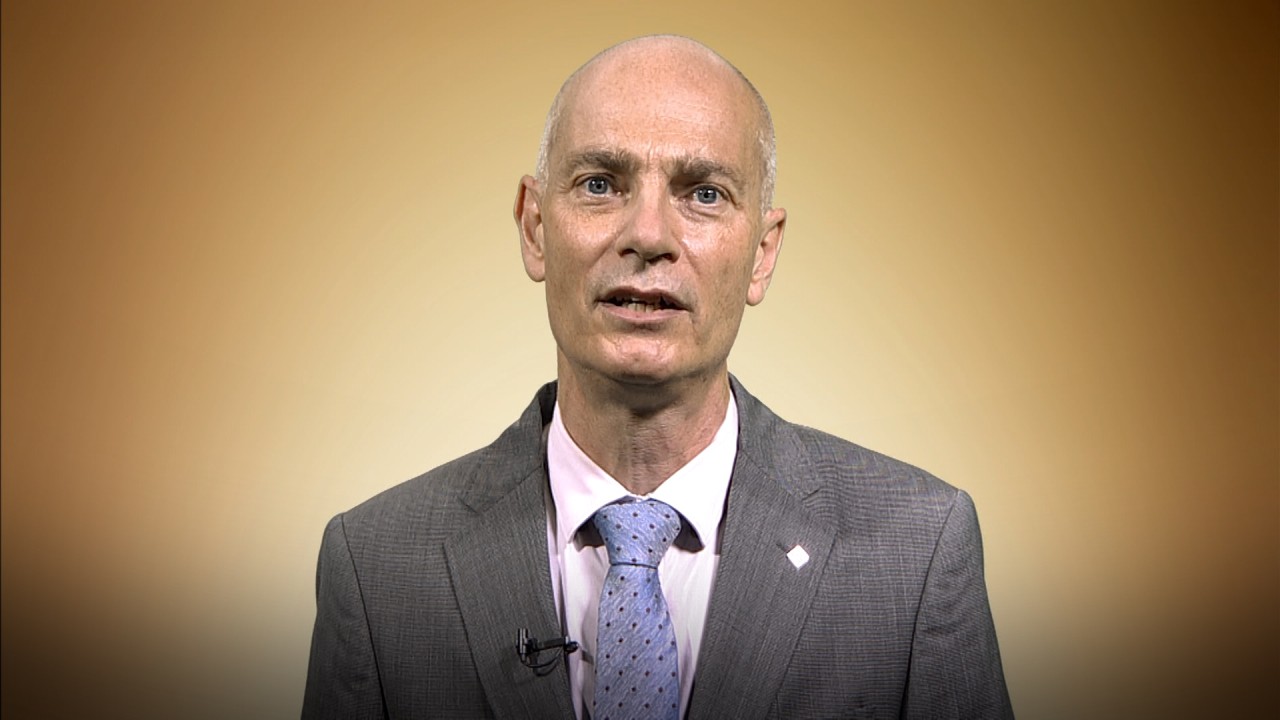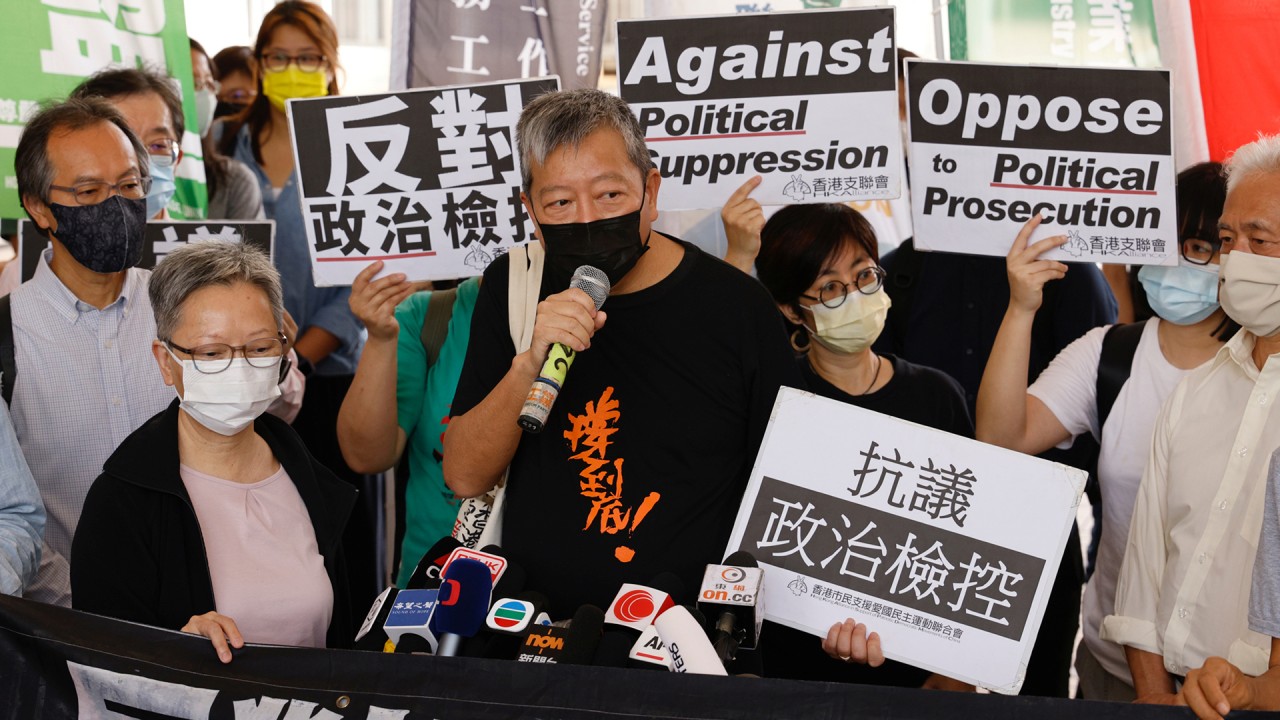
Peaceful protests are part of city life and must return
- With the right to demonstrate under threat and leading members of the pro-democracy movement heading to jail, we are in danger of losing a powerful safety valve that has contributed to stability and better governance
Hong Kong became known as a “city of protest” long before the months of civil unrest in 2019.
The right to protest peacefully, protected by the Basic Law, has proved powerful and valuable over the years, allowing people from across the political spectrum to make their voices heard.
Demonstrations, sometimes by hundreds of thousands from all walks of life, have provided a safety valve when tensions arise. They have helped inform, shape or even reverse government policies. In this way peaceful protests have contributed to stability and better governance.
But the right to demonstrate is now under threat. Hong Kong is no longer a city of protest.
Months of often violent anti-government protests in 2019, sparked by moves to pass a deeply unpopular extradition law, plunged the city into crisis. Beijing responded by passing a national security law last year. That has been followed by a crackdown on opposition figures.
Jimmy Lai, four ex-lawmakers jailed over 2019 march from Victoria Park
Five veteran democrats, including publishing tycoon Jimmy Lai Chee-ying, were jailed for between eight and 18 months on Friday for their part in protests in 2019. Five others, among them “father of democracy” Martin Lee Chu-ming, were given suspended sentences.
But these cases do not concern the security law or riots. The protests involved were peaceful. They were found to be unlawful because they did not comply with police restrictions.
Nine were convicted of organising and taking part in an unauthorised assembly on August 18, 2019. A rally by 300,000 in Victoria Park was approved by the police but it turned into an illegal procession to Central. Two of the nine, plus Yeung Sum, were also sentenced over an unauthorised gathering on August 31 that year, involving 2,000 protesters.
The judge, Amanda Woodcock, said the presence of the democrats as influential figures at the protests could encourage others to participate. She added that the peaceful demonstrations could turn violent, as they took place at a volatile time.
Government officials like to portray the protests of 2019 as the work of a small band of anti-China traitors and terrorists aided by foreign powers. Those of us who lived through those turbulent times know the story is not as simple as that.
A Post editorial published the day after the August 18 demonstration welcomed it as a return to relatively peaceful protests after weeks of violence. The editorial said the aspirations of those who took to the streets in a rational and non-violent manner that Sunday “cannot be ignored” and Chief Executive Carrie Lam Cheng Yuet-ngor should respond.
Less than three weeks later, Lam announced the extradition bill would be withdrawn. To that extent, at least, the calls of the protesters were heeded. The timing and the context of the protest should not be overlooked.
Whether the judge was right to reject the democrats’ constitutional challenge to the charges, to convict those who pleaded not guilty, and to impose custodial sentences might be the subject of an appeal. Whatever the legal position, it is very sad – to put it mildly – to see long-standing leading figures in Hong Kong’s pro-democracy movement heading to jail.
Jimmy Lai slapped with extra national security law charge and accused of perverting justice over fugitive’s escape to Taiwan
The protests stopped when Covid-19 arrived early last year. A combination of the pandemic, police bans and the security law, have virtually brought an end to peaceful demonstrations in Hong Kong. Officials are congratulating themselves on restoring order and stability.
We don’t want to see violence return. But peaceful protests must make a comeback as the threat of the pandemic eases. They are an integral part of Hong Kong’s way of life under the “one country, two systems” arrangements.
Hong Kong’s leader is not elected by universal suffrage. The people cannot vote an unpopular government out of office. This makes other rights, such as free expression and assembly, all the more important. They ensure that opinions are aired, officials informed and concerns addressed.
Hong Kong does not need to be a city of protest. But peaceful protests form part of the fabric of this society. The right to demonstrate must be respected. Rather than posing a threat, it is an essential element in ensuring stability and prosperity.



